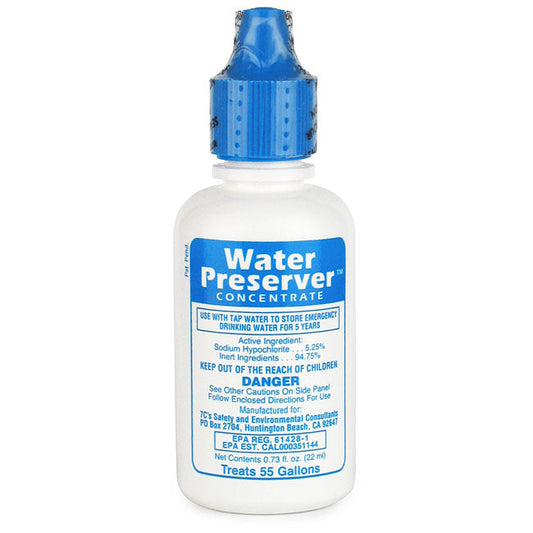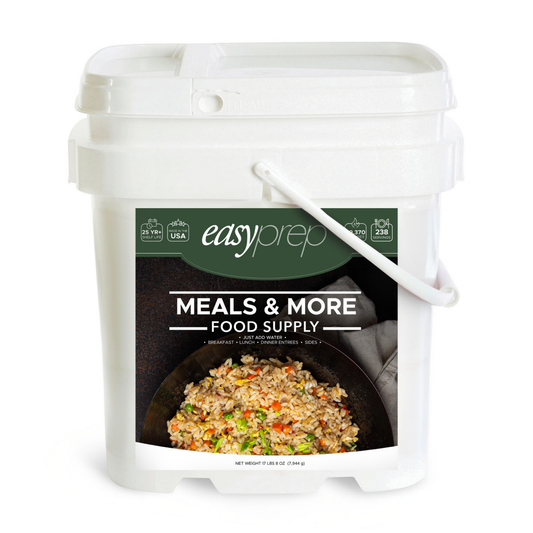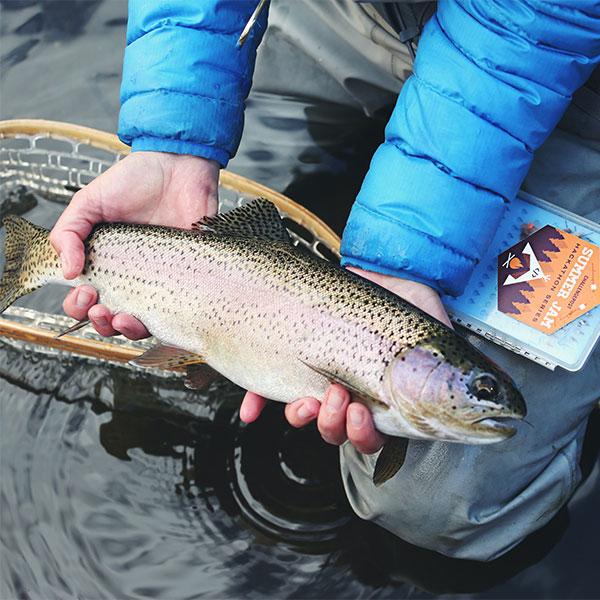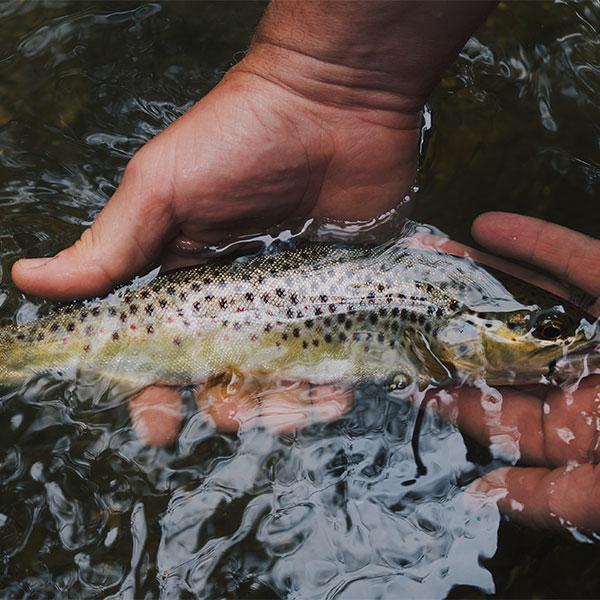Create your own fishing lure with this fun and easy DIY project for family or fishing enthusiasts!
What is a Fishing Lure?
A fishing lure is an artificial bait designed to entice fish to bite. Each fish species has unique preferences, so knowing what type of fish you’re targeting and their diet can save time and improve your chances of success. Effective lures utilize attributes like color, vibration, flash, and movement to attract fish.
Materials Needed
- 1 Aluminum Soda Can
- 1 Medium/Large Binder Clip
- 2 Heavy Duty Paperclips
- 1 Pair of Scissors
- 1 Pair of Pliers (preferably needle nose pliers)
- Permanent Markers (optional for adding color)
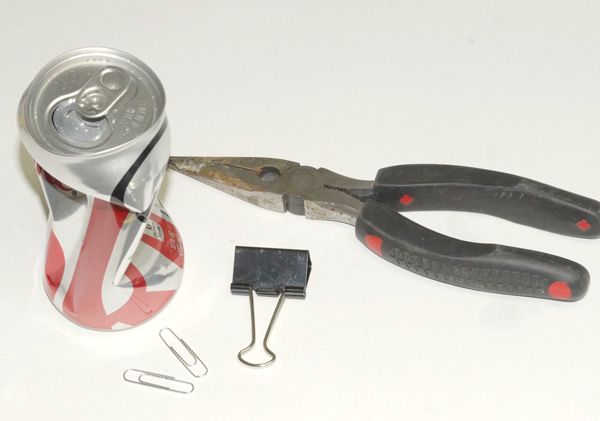
Step-by-Step Guide
Step 1: Transform the Aluminum Can
Cut the aluminum can in half, focusing on the bottom part, which is thicker and naturally curved. This will serve as the main body of your lure.
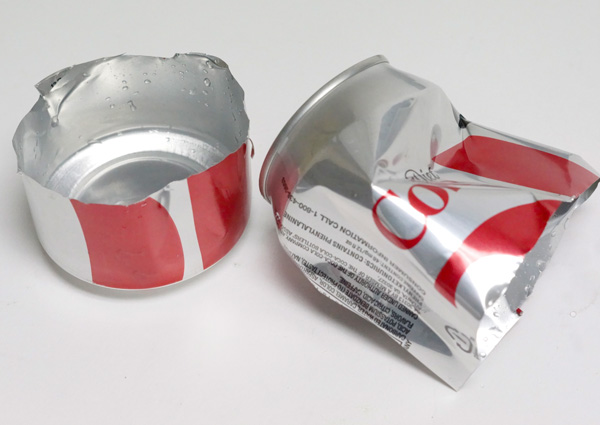
Step 2: Shape the Lure
Trim the aluminum into a rectangular shape and round the corners. This design improves the lure's movement in water, making it more attractive to fish.
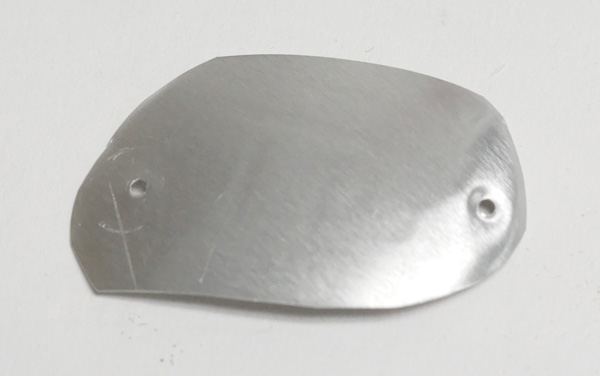
Step 3: Prepare the Body and Hook
Punch small holes at both ends of the aluminum for attaching the hook and swivel. Create the hook by cutting and bending the binder clip handles into a hook shape, ensuring a closed loop for the fishing line.
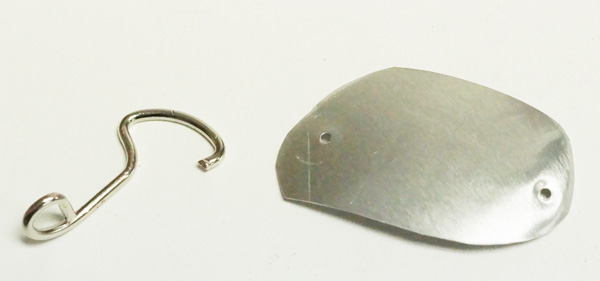
Step 4: Attach the Hook and Create a Swivel
Straighten a paperclip and use it to attach the hook to the lure’s body by twisting it tightly. Use a second paperclip to form a loop for tying your fishing line.
Step 5: Customize Your Lure
Add color and patterns to your lure using permanent markers. Research which colors attract the fish species you’re targeting for better results.
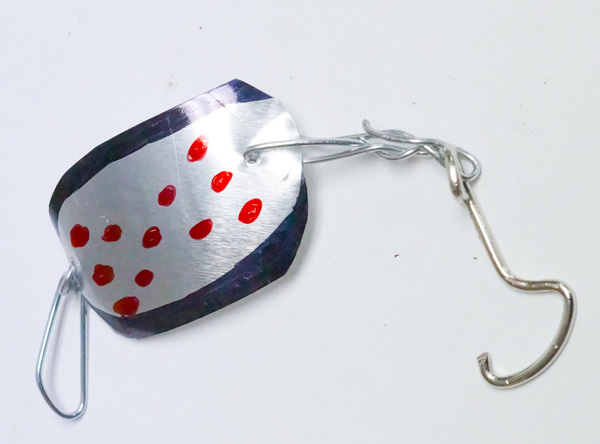
Congratulations!
You’ve successfully created a homemade fishing lure! Experiment with different materials and designs to expand your tackle box. Enjoy your next fishing adventure with your new DIY creation.



